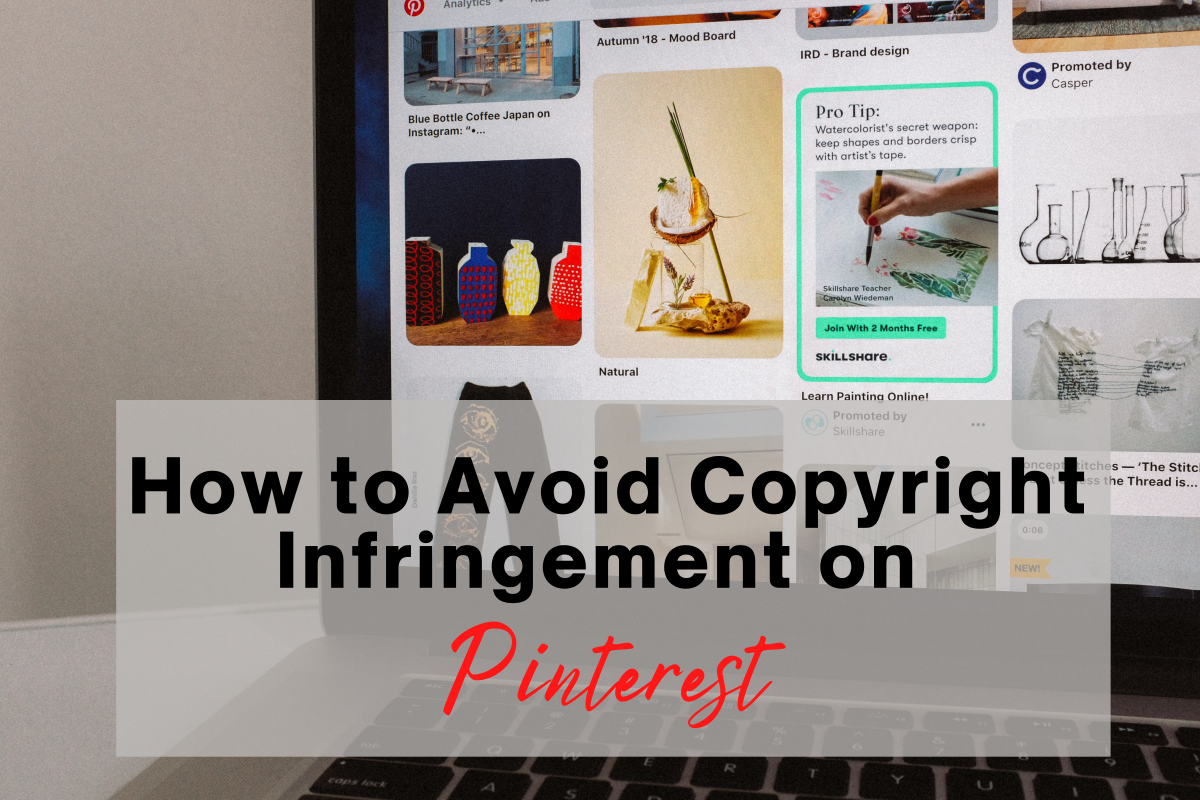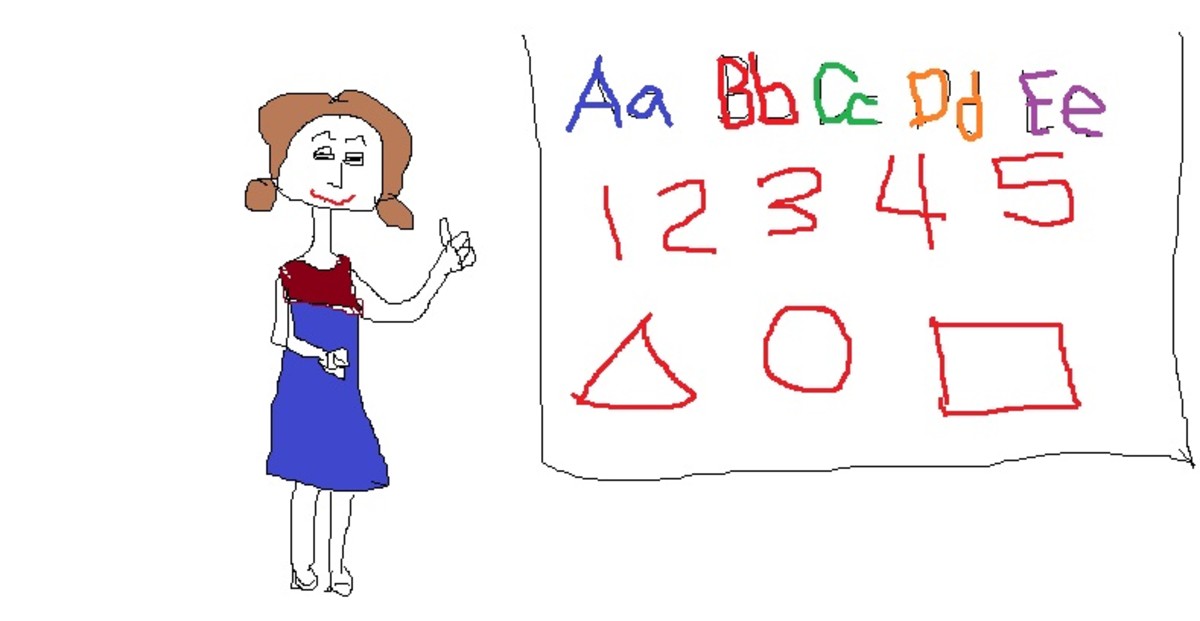The Most Common Lawsuits and Criminal Cases in the Art World
Introduction
The world of art is defined by pushing the boundaries. It depends on reputations and personal presentation as much as it does the products produced by artists of all types. All of this leads to a wide variety of lawsuits on top of the more conventional disputes where people fight over the expensive artwork during a divorce or estate. Let’s look at the not so pretty but pretty common lawsuits in the art world.

Intellectual Property Rights Infringement
Despite the saying that imitation is the sincerest type of flattery, if you’re copying someone else’s artwork, they may sue you for infringement of their intellectual property rights. Nor can you assume that work has been out for a long time is in the public domain or available under fair use standards. This is especially true if you’re copying the work held by a major corporation like Disney. While casual fan art like sketches uploaded to Instagram may get a pass, creating rated R Disney princesses or full length fan movies can land you in court.
While an artist could be sued for violating IP rights of another, so can galleries. The Gagosian gallery was sued for displaying work by Patrick Cariou that Richard Prince said were unfairly derivative. Conversely, someone creating T-shirts, handbags or other items with the famous image on them without coming to an agreement over how to pay for use of said image can get sued by the artist – including the museum that put the artwork on various physical items they sold.
Contractual Disputes
There are lawsuits involving people suing artists for not delivering on their contracts, such as angry home owners unhappy with the murals painted in their homes. Auction houses may sue an artist who destroyed work they were selling, while artists may sue agents and auction houses for not giving them what they consider the fair share of what the works sold for. Arguments as to what is contractually required regularly end up in court.
Muddying the waters further is the common practice of selling early works for cash to pay the rent, preventing the work from having a paper trail. An artist may demand more money for the completed work than their initial verbal agreement. The solution to this is to always have the agreement in writing. It creates the necessary provenance if the artist’s reputation takes off, and it prevents an art buyer from being sued because the artist thinks they should now get more money for their work. Always have a contract to back up the promise that an artist will sell the buyer specific works instead of selling them to someone else.
Theft in Various Forms
Artists hope to earn money from their works. And where there is money, there will be theft in various forms. Theft of famous artworks is rare but do occur. The more obvious cases of theft arise when someone pays a premium price for a famous author’s work that turns out to be fake. When someone buys work through a dealer who fails to verify its authenticity or doesn’t secure the title can be sued. Falsify the necessary paperwork, and criminal charges can arise.
Another variation of this is when artists themselves are sued for diluting the value of their own works. Digital prints of famous paintings decrease the value of the handmade works. Limited edition prints have value because they are limited; make more, and the value of each print goes down, and the original owners can sue for the devaluing of their work. Failure to maintain paperwork that proves the authenticity of works isn’t necessarily theft, but it devalues the works. Losing paperwork that proves the provenance of artwork devalues it, and occasionally, lawsuits involving this matter arise. Failure to protect the artwork from damage can lead to civil suits over its devaluation as well.
One ongoing issue relates to authoritarian regimes stealing artwork from private citizens. Unlike gold jewelry, when a painting shows up decades later, it may be recognizable. The problems relate to ownership and laws passed to try to return the property to the original owners. What happens when a museum buys artwork from someone claiming to be the legitimate owner or heir, and descendants of the original owner say it was stolen or sold at a fire sale? These cases are winding their way through the courts now, a complex and difficult area since the statute of limitations often doesn’t exist.
On the flipside, the theft of cash, art supplies and other valuables from artists regularly leads to criminal charges. For example, painting on someone else’s building without their permission is a crime because it is seen as destroying the property of others, though there are rare cases where the graffiti becomes a protected artwork in its own right.
Insurance Disputes
If you own valuable items, your conventional home owners’ insurance probably won’t cover it. Home owners and galleries must negotiate full insurance coverage for their artworks. The insurer may require specific steps be taken to minimize risk in order to receive insurance coverage. The more interesting court cases occur when someone insures premium works that turn out to be fake, items were partially damaged but may not be restorable, or there is debate as to whether the work was stolen or secretly sold.
Summary
Regardless of the degree to which artists may live in a world of their imagining, interacting with the real world means they’ll periodically land in court because of their art. These cases may be civil or, occasionally, criminal. Understand when you may have a legal case and how to pursue it so you’re not an unnecessarily starving artist.
This article is accurate and true to the best of the author’s knowledge. Content is for informational or entertainment purposes only and does not substitute for personal counsel or professional advice in business, financial, legal, or technical matters.
© 2019 Tamara Wilhite








